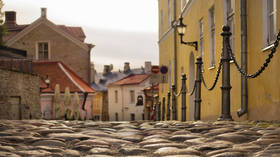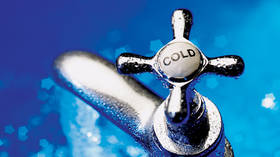EU member assesses impact of halting imports from Russia and Belarus

Estonian businesses that depend on goods and raw materials imported from Russia and Belarus would be expected to face extra costs of €860 million annually, according to the Foresight Centre, a think tank based at the Riigikogu, Estonia's parliament.
Replacing goods supplied from Russia and Belarus is complicated by the lack of surplus in Estonia’s domestic market, the policy advisory said in its latest report devoted to the issue.
“In certain categories, the goods from other countries are dramatically more expensive, although they can sometimes be also slightly more affordable,” said Foresight Centre expert Uku Varblane.
“However, this does not mean that production inputs from Russia and Belarus can always be easily replaced because they might have specific features that Estonian businesses have designed their products around,” the analyst added.
According to the brief report, replacing imports of fuels, wood products, metals and metal products, as well as salt and linen fabrics, would lead to the heaviest extra costs.
“For example, three quarters of the iron wire imported into Estonia comes from Russia or Belarus and finding replacements would mean an 81% increase in the cost,” Varblane warned.
The key imports from Russia and Belarus are fuels and natural resources (60%), wood and wooden produce (13.8%), metal products (9.2%), and chemical industry products (7.2%), according to the report.
The report highlights that last year Russia was Estonia’s second biggest trading partner after Finland, while Belarus was ranked tenth.
For more stories on economy & finance visit RT's business section













